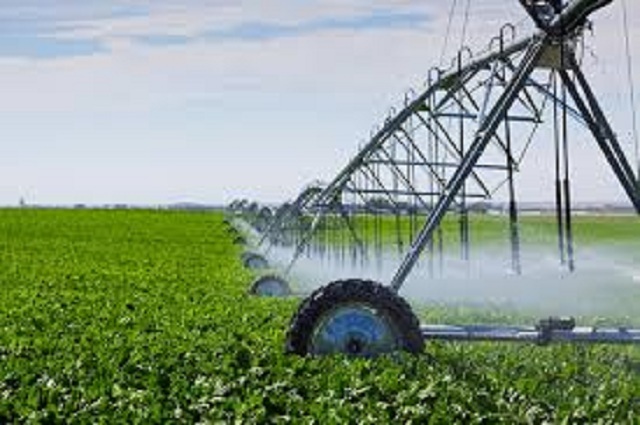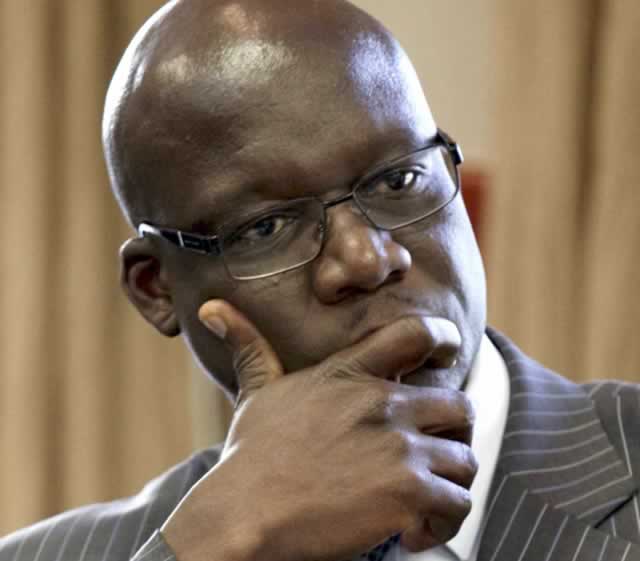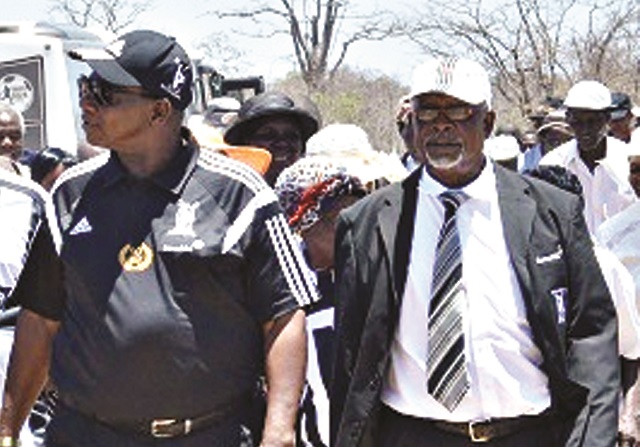EDITORIAL COMMENT: Zinwa tariffs must promote farming profitability

Our farmers must be delighted that the High Court has reversed a decision by the Government to increase the price of raw water that was effected in 2016.
Water is one of the most important agricultural inputs. It makes every crop to grow; every animal to survive. Without it there is no agriculture, rather without it there is no life. They don’t say water is life for nothing.
Over the past two years farmers were forced to pay a high charge for water. It being a key input on the farm, production costs consequently shot up considerably thus compromising production and productivity, particularly for those who operate under irrigation.
Thankfully, High Court Judge Justice David Mangota ruled, as we reported in these pages on Monday, that the increase in the water charge was irregular.
He said this while dealing with a matter brought before him by Triangle Limited and Hippo Valley Estates, probably the two biggest farming operations and the biggest consumers of irrigation water in our country. The companies were unhappy that the Minister of Environment, Water and Climate, Cde Oppah Muchinguri-Kashiri, published the Zimbabwe National Water Authority (Raw Water Tariffs) Statutory Instrument 48 of 2016, which increased the raw water price for commercial agriculture from $9,45 to $12 per mega litre.
The price review affected all commercial farming operations in the country but Triangle Limited and Hippo Valley Estates, being interested parties, took the matter to the High Court arguing that it was implemented before any consultations had been done and in violation of a standing water use agreement they signed with the water authority in 1961.
Justice Mangota noted that in terms of the law, the minister has no power to increase the price of water, saying only Zinwa does. The authority is the one that must originate a request for a price review, consult consumers and the ministry’s role is only to publish the price after receiving a written request from Zinwa. These procedures were not followed.
“The respondent (minister) has no power at all to review water tariffs in the first agreement,” said Justice Mangota.
“She reviews the water tariffs in the second agreement where Zinwa and the second applicant (Triangle) have failed to agree on the tariff which must apply to the latter’s consumption of water for its operations. The respondent acted ultra vires the agreements when she reviewed the water tariffs for the applicants. She had neither the power nor the authority to do what she did. A fortiori when she acknowledges, as she does, the existence and by necessary implication, the binding nature of the agreements which Zinwa’s predecessors signed with the applicants.
“It is not within respondent’s power to act in terms of Section 50 of the Zinwa Act without Zinwa having made any written representations to him or her on the issue of the proposed increase. There is, in casu, no evidence that Zinwa applied to the respondent to consider any proposed increase. There was, in fact, no proposed increase of water tariffs at all. Her (minister) conduct was outside ultra vires the enabling Act, so to speak.”
The Government has taken a decision to modernise local agriculture by boosting farmers’ irrigation capacity so as to reduce reliance on rain-fed production. This was also influenced by the fact that while the country has the highest number of dams in Sadc, only a fraction of their water goes towards irrigation. The Government has not stopped building more dams. In addition, expensive equipment such as centre pivots is being imported from Brazil, Belarus and Spain and is being installed at farms and communal irrigation schemes countrywide.
These initiatives can only make the desired impact of developing the agriculture industry if enough water is made available to the farmer at favourable prices. With the steep price that farmers were being forced to pay since 2016 until Justice Mangota’s recent order, efforts to boost production and enable growers to work at competitive production were destined to fail.
Now that the court has ruled SI 48 of 2016 unlawful farmers will be keen to find out what Zinwa would do with the excess $2,55 they were paying for every mega litre of water they used. They have two options — to repay them or to credit their accounts with the excess they paid. It is most likely that Zinwa, in consultation with farmers, will settle for the latter.
Justice Mangota’s order is obviously good for the farmer but we are unsure how Zinwa’s operations would be affected by it. We hope that $9,45 per mega litre is still good enough to enable the authority to deliver water to farmers. If it is so little as to incapacitate Zinwa to provide the all-important input that would be regrettable. If it is, we urge Zinwa to seek a review, following the procedures as provided for in the law.











Comments